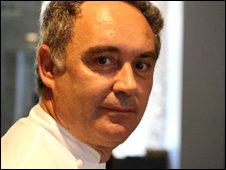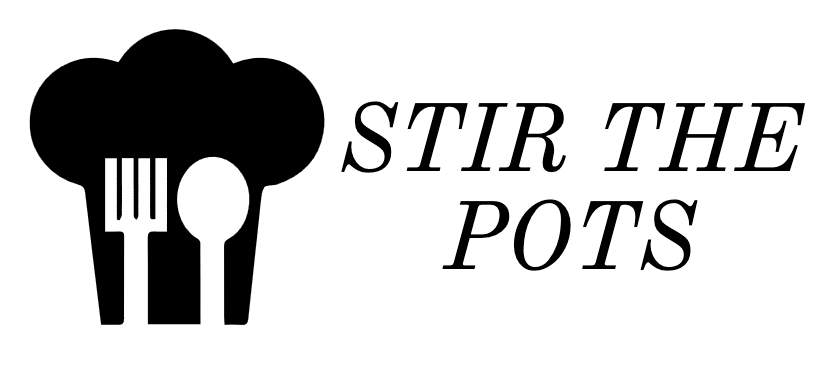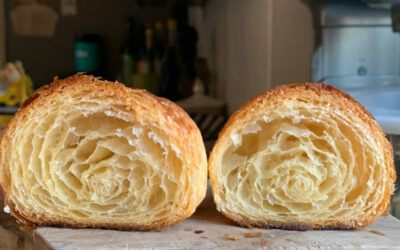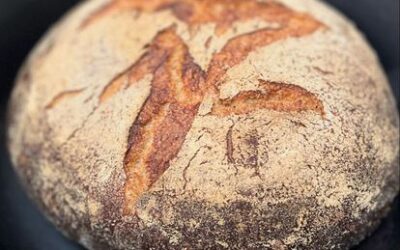
Feran Adria
Apparently, a war of words has erupted in the world of haute cuisine. The center of controversy is world famous Hotel El Bulli and its chef, Ferran Adria. Opened in 1961 on Costa Brava’s Cala Montjoi, it sits in an area on the Spanish coast known for its beauty and excellent scuba diving. The hotel’s restaurant has developed a reputation as a center of culinary innovation, first begun by its German founder, a homeopathic (and epicurean) doctor who was particularly imaginative about mixing ingredients. Since then it’s been home to chefs who have continued amping up the experimentation. According to Wikipedia:
cuisine. The center of controversy is world famous Hotel El Bulli and its chef, Ferran Adria. Opened in 1961 on Costa Brava’s Cala Montjoi, it sits in an area on the Spanish coast known for its beauty and excellent scuba diving. The hotel’s restaurant has developed a reputation as a center of culinary innovation, first begun by its German founder, a homeopathic (and epicurean) doctor who was particularly imaginative about mixing ingredients. Since then it’s been home to chefs who have continued amping up the experimentation. According to Wikipedia:
The restaurant has a limited season from April to September;
bookings are taken on a single day in the previous October. It
accommodates only 8,000 diners a season, with 800,000 people calling to
try and book places — around 400 requests for every table. The average
cost of a meal is €250;
the restaurant itself has operated at a loss since 2000, with operating
profit coming from El Bulli-related books, and lectures from Adrià.[3][1] As of April 2008, the restaurant employed 42 chefs.[2]
Currently leading El Bulli’s staff is Ferran Adria, (made head of kitchen in 1987, three years after he joined the crew), a man who seems especially intrigued by culinary alchemy or “molecular gastronomy,” which is focused on pushing the edges of food creation by technology adoption, a sort of mashup of processes and ingredients. Take the way, for instance, that Adria does things like creating “foams” in which he forgos cream and eggs, instead counting on pumping oxygen into whatever primary ingredient he is using. Adria’s goal, in his words, are to” “provide unexpected contrasts of flavour, temperature and texture… The idea is to provoke, surprise and delight
the diner.” But Adria clearly gets his own delight from eclectic combinations that connect so-called natural with processed foods. Here’s an example of the surprise he is out to inspire, taken from a Guardian newspaper article on Adria: “Kellogg’s paella, which consists of Rice Krispies with an intense
seafood reduction, alongside flash-fried shrimps, a piece of shrimp
sashimi and an ampoule that contains a thick brown extract of shrimp
heads.”
Supporting Adria’s approach are chefs like Heston Blumenthal, Wylie Dusfrene and Alex Talbot, someone we recently interviewed. A group of fast paced techno-savvy
necromancers, they toil over changing textures and de-constructing, as well as reconstituting, food stuffs into ethereal masterpieces, many based on wild combinations between processed and natural sources. Highly critical of such efforts are a organic conscious group less enamored by high-tech cuisine, impassioned by an instinct symbolized in the so-called slow-food movement. Their questions for the technology-happy alchemists start with concerns around health but extend to aesthetics and morality, especially with destroying food traditions and ways that what we eat impacts the larger world.
The recent battle is led by chef Santi Santamaria, described by the BBC as a a “culinary traditionalist.” Santamaria thinks Adria’s use of gels and additives may be unhealthy. Like Santamaria, I wonder about about the larger process that’s industrializing the food that comes from professional kitchens, rather than just the tools that create them. Liquified olives. Emulsifying anything you can eat. Or processes that the larger food industry is delivering, like irradiated tomatoes. With the current state of our food chain (e.g. mad cow disease, salmonella in jalapeños, etc., I wonder how far off we are from a Soylent Green world! Is it so important to make a cool-looking product that fails to capture the essence of the original source?
What led me to this post was a BBC article on the war between these two chefs. According to the BBC, Adria claims that the ingredients that he uses are healthy.
“El Bulli is a language which sometimes you can’t understand, but
all I ask is that people come with an open mind,” he says. “For example, we do one dish which is a gently liquefied tea
soup, with tiny jasmine and eucalyptus flowers floating on it, like
water lilies.”When you taste that, I don’t know how to explain exactly what it is. And I made it! There are no reference points.”
Read the article to get a full sense of Adria as personality and food philosopher. He’s certainly brilliant and colorful. But this article led me to El Bulli’s web site, where I found a link to a restaurant with which Adria is connected. Apparently it serves “comida rapida,” or fast-food. Adria purports that his cuisine is 80 percent healthy and that additives are common in all foods. By his logic, all cooking is a form of processing. But with current concerns about obesity, and the push towards fast food establishments posting calorie charts on posted menus, it makes me wonder if Adria will be convinced that perhaps some processed foods just aren’t worth eating, even if interesting to create. Or to look at.




To my (admittedly gastronomically uneducated) sensibiities, this stuff just does not qualify as food. I might try it to satisfy my curiosity in the same way I was curious about the banana essence we synthesized in chemistry lab, but I think I’d go into it expecting more of a performance of sorts than a meal. Food should nourish and sustain on multiple levels, and just because something has flavor and can be eaten doesn’t make it food in my book.
Hi Susan,
I still haven’t been to Adria’s restaurant nor do I think I will be able too. Admittedly I am old school, and haven’t really figured out why we would want to fool around with what nature gave us. Less is better, now that is something I stand by!